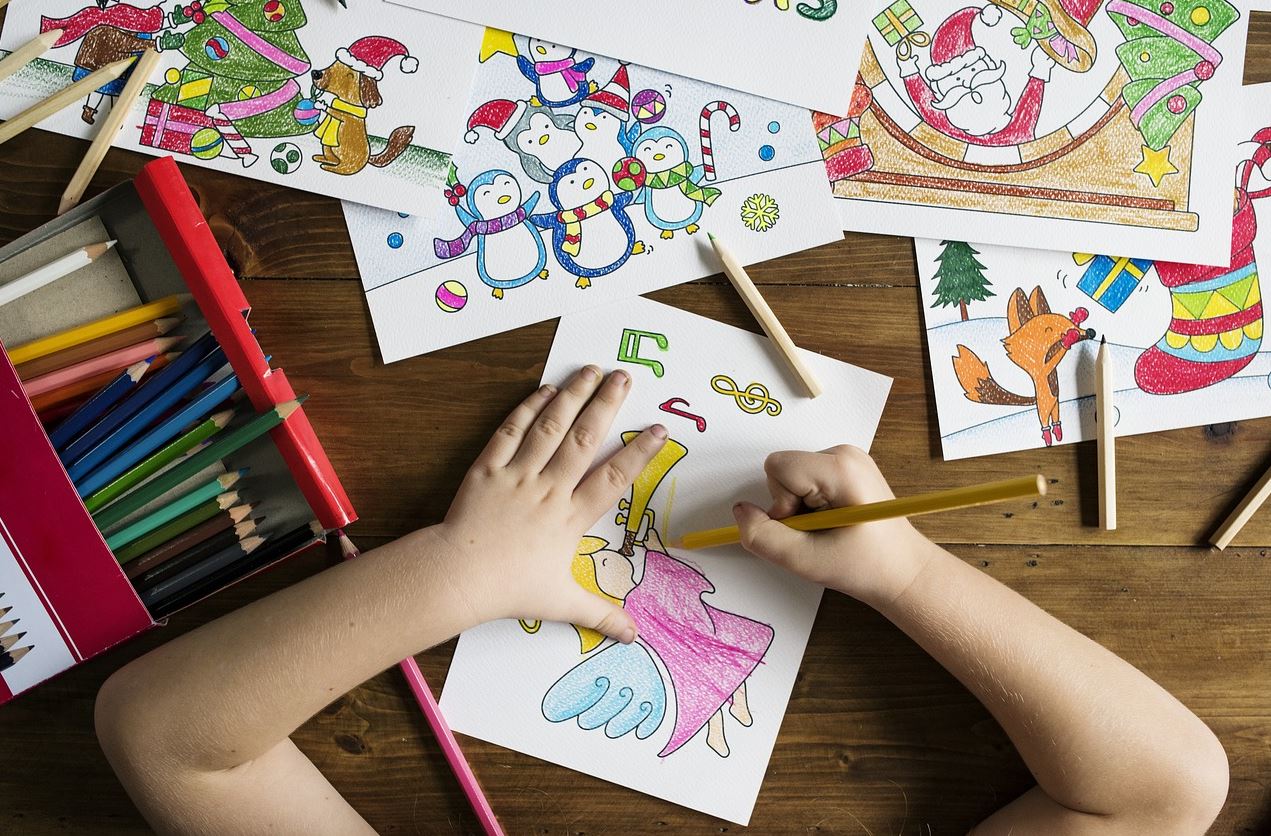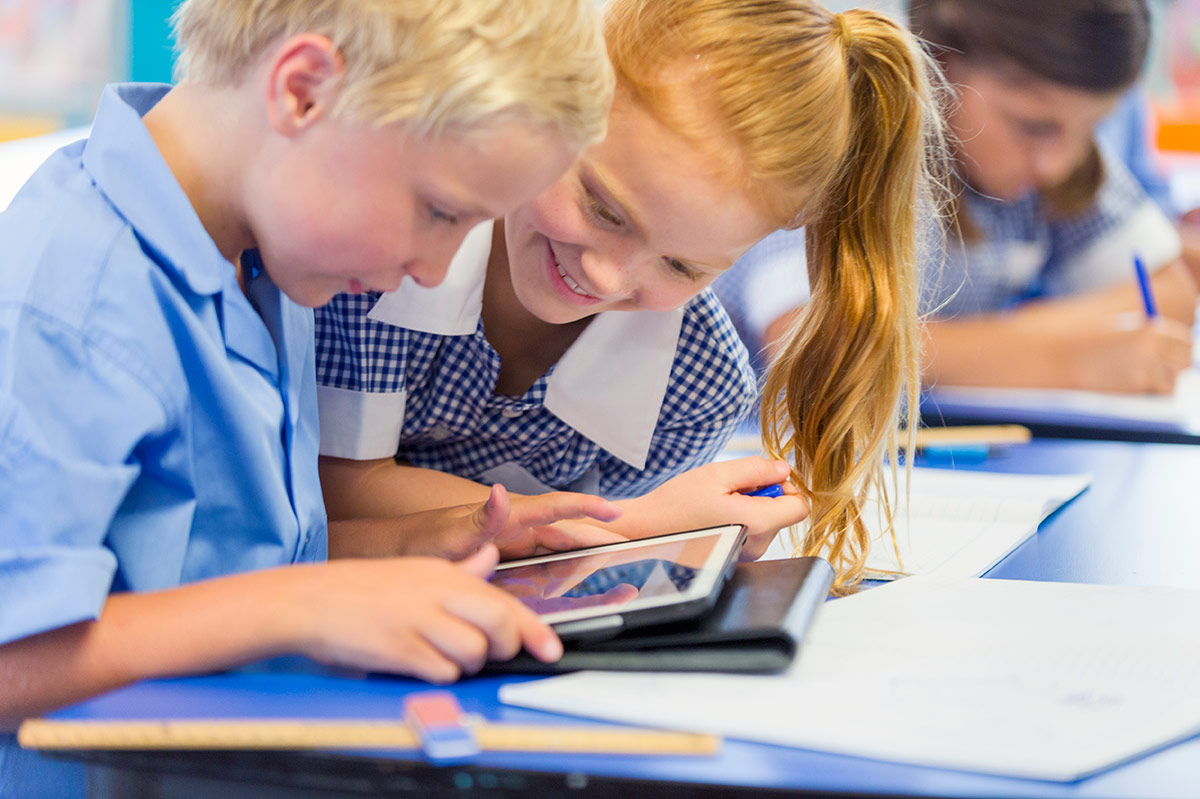
Young children are fluent in both new and older technologies such as books, blocks and crayons but school systems still favour traditional print-based literacy practices and resources such as paper and pencils.
In particular, children from low socio-economic settings are even more at risk of their education being trapped in print-based literacy with little recognition of their knowledge about, or even access to, these new technologies and digital resources, says Flinders University Professor in Early Childhood Studies Nicola Yelland.
Professor Yelland believes the jobs of the future, many of which are yet to be defined, increasingly will rely on digital media and skills that are still emerging from learning and playing in these newer technologies.
However, by contrast school teachers are required to stick to curriculum requirements and prepare children for NAPLAN and other testing milestones, placing digital learning in a separate – rather than complementary – field of ‘new learning’.

“Teachers should be encouraged and supported to incorporate the use of tablets and a range of apps in learning options,” Professor Yelland says.
“We need to reconceptualise more progressive thinking towards early childhood pedagogies in literacy.”
Based on a study of 462 children aged from 2-8 years olds over four years, the paper reports that the learning experiences of the focus group (children aged 4-8 years) could particularly be enhanced by uniting their enthusiasm for digital media with traditional modalities.
“The paper illustrates the ways in which these multimodal learning ecologies can work to support emergent literacy which is viewed as a foundational skills needed by all children in order to thrive in their learning,” Professor Yelland says.
The paper, ‘A pedagogy of multiliteracies: Young children and multimodal learning with tablets’ (September 2018) by NJ Yelland, has been published in British Journal of Educational Technology (Wiley Online) Vol 49, 5, pages 847-858. DOI: 10.1111/bjet.12635

